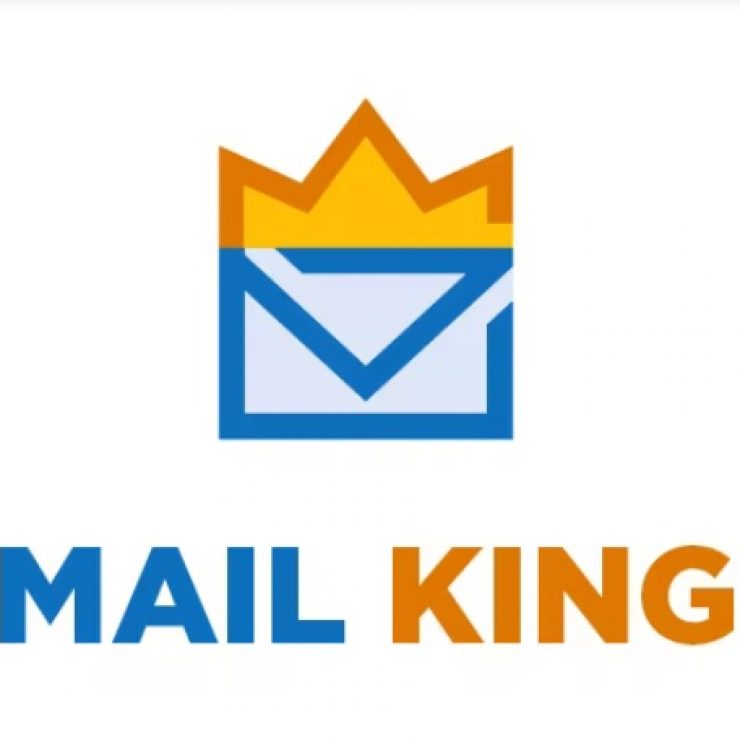When launching your own marketing business, one of the first things you should think about is what you want to provide your clients.
While there are numerous full-service agencies that produce excellent work in a range of fields, it’s vital to consider being more specialist when you’re initially starting out.
Why? Because you’re a much more valuable asset to clients if you can demonstrate that you can do a few things very well rather than doing everything half-heartedly. And, let’s be honest, if your agency is just you or a tiny team, the last thing you want to do is stretch yourself too thin right away.
Subcontractor or “top of the food chain”
Another issue to think about from the start is to whom and how you’d like to sell your services.
Are you looking to deal directly with end-clients or contract out your services to other businesses looking to complete certain projects?
Making this decision early on can help reduce uncertainty about where your agency fits into the “food chain” of the companies you work with. It also aids in better planning for the types of clients you want to target when prospecting.
If you’re not going to work directly with end clients, for example, it’s better to approach large agencies that don’t have your specific expertise on staff.
Identity and branding
This is obviously a no-brainer for you as a marketer: you need a brand!
But, to be honest, it’s often easier said than done. Your branding can sometimes fall by the wayside, especially in the early stages of your firm when you have a million other things to think about.
Presence on the web and on social media
Your internet presence is probably another no-brainer, but it’s equally crucial. It’s time to flaunt your brand identity now that you’ve established one!
There are a few wonderful low-cost self-publishing solutions, such as Squarespace, if you aren’t ready to invest in a web professional to design your website.
If you’re using social media, make sure your usernames are safe and, if feasible, consistent across platforms. If your Instagram is @example.marketingagency, it doesn’t make sense to have your Twitter account as @Marketing Agency Example — you get the picture.
This is also an excellent opportunity to begin building a following. Start connecting with other accounts once you’ve determined which channels are best for you and your organization.
Display your portfolio
Your previous work can indicate to potential clients that you’re capable of greatness.
Make sure to highlight your greatest work from your portfolio on your website and social media channels — but don’t go overboard with self-promotion on social media. Conversations aren’t one-sided, and social media is no exception.
What works even better for agencies nowadays is to blog about their expertise and provide advice and thoughts on various topics. It’s also said to be less promotional – more on that later.
Set SMART objectives
It’s one thing to say, “I want to develop a great firm,” and quite another to add, “I’ll sell my marketing services to financial services clients that require assistance with email campaigns.” I’ll be up and running in six weeks and have eight clients by the end of the year…” Setting SMART goals is one technique to ensure that your goals are measurable. Using this framework to create goals allows you to really dig into what you want to accomplish with your firm. It can also assist you in being more disciplined in meeting milestone deadlines.





